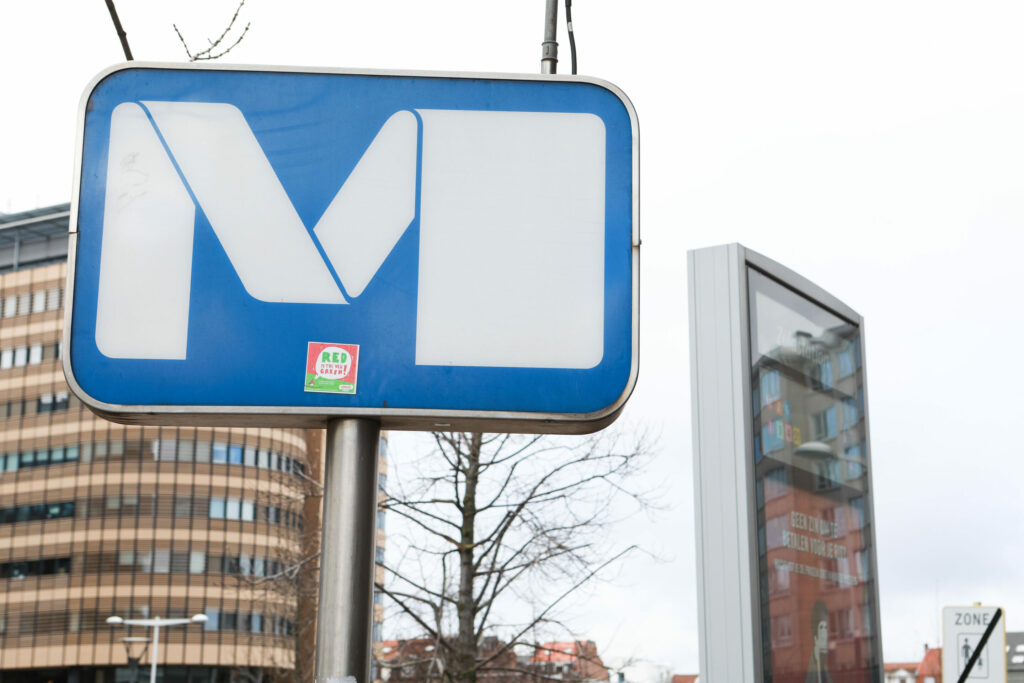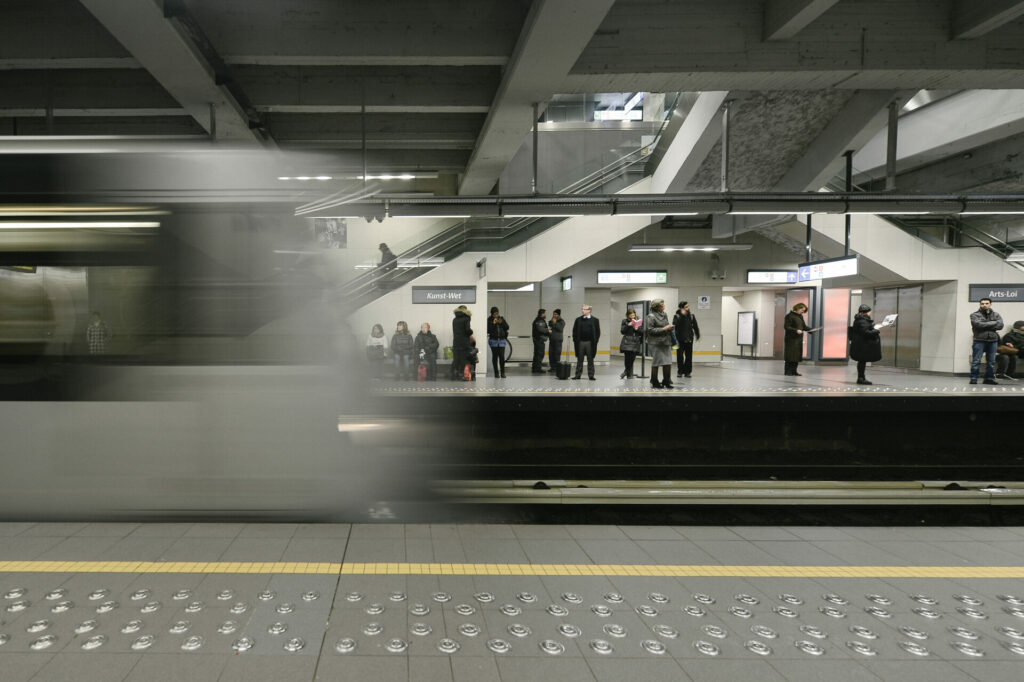The Brussels Metro network is the second-worst in Europe, with an "underground index score" of just 3.20 out of 10, according to a study by travel-related platform Bounce. Only Budapest in Hungary scored worse.
Index scores for individual metro stations were calculated based on positive and negative reviews and online reputation and took into account the number of metro stations, the total length of tracks, and the most recent annual ridership figures in each city.
"Besides being the Belgian capital, Brussels is an important European city as it co-hosts the European Parliament along with Strasbourg," the report noted. "Each year, the metro carries more than 86 million passengers, making it a vital part of the city's infrastructure while reducing traffic and congestion on the roads."
The metro network in the city has 59 stations along nearly 40 km of tracks covering the wider Brussels metropolitan area. "However, the Brussels Metro is relatively unpopular online compared to other cities’ systems. The Google review scores for stations on the Brussels Metro are also underwhelming, with an average score of 3.80 out of 5."
Busiest and lowest-rated
The busiest metro station on the Brussels network is Gare du Midi, which is also the lowest-rated with a Google review score of just 1.90 out of 5. This metro station is located in central Brussels and connects passengers to the city’s main train station.
"Reviewers have left some pretty scathing remarks online, describing Gare du Midi as 'the worst station in Belgium' and even Europe," the report added. "Multiple reviewers refer to the station as 'unsafe' and 'dangerous', with many others referencing the strong smell of urine that travellers must contend with."
Scoring slightly worse than Brussels was Budapest (index score of 3.13/10). Rounding out the top three worst metro networks was Rome (3.75/10), which is more extensive than those of Budapest and Brussels.

Credit: Belga / Paul Henri Verlooy
At the other end of the spectrum, the best metro network in Europe can be found in Oslo (Norway) with a score of 8.06/10 – described as "easy to get around," "very well organised," and "nice and clean" in its many reviews.
In second place is Sofia (Bulgaria) with an index score of 7.64/10. The network has plenty of English signage, including payment instructions, making it a simple and accessible experience for international visitors. Last in the top three is Athens (Greece) with a 7.29/10 score.
Madrid (6.74/10) and Warsaw (6.60/10) finished fourth and fifth, respectively. Rounding out the top ten are London (UK) in sixth place, Bucharest (Romania) in seventh and Lisbon (Portugal), Copenhagen (Denmark) and Prague (Czechia) in eighth, ninth and tenth place.
Quick and practical, but not equal
"Public transport across Europe is generally of a very high standard, relatively affordable and is often well-signposted with English-language directions and instructions, alongside the local language," said Cody Candee, CEO and Founder of Bounce. "Aside from being a quick and practical way of getting around, many metro stations have beautiful designs, and visiting them can be an experience in itself."
"However, not all stations are made equal and some may lack certain facilities or accessibility features, such as elevators, toilets, or staff," Candee added. "Additionally, some larger stations have a reputation for pickpockets, so tourists are advised to remain vigilant when passing through."

